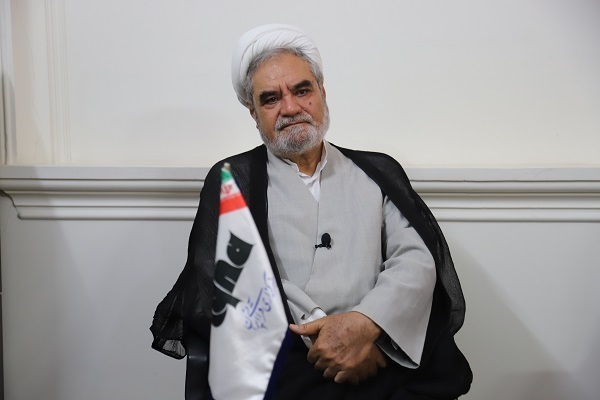Scholar: Prophet’s Teachings in Modern Language Can Bridge Gap Between Tradition and Modernity

Hojat-ol-Islam Ali Karami-Fereydouni, a religious researcher and author of A Culture from the Teachings of Muhammad (PBUH), said many of the Prophet’s messages remain timeless but require modern expression. He made the remarks in an interview with IQNA, where he discussed the role of the Prophet’s teachings in contemporary societies.
“Religious concepts are linked to human nature, conscience, reason, and the pursuit of knowledge and beauty. These values never become outdated,” he said. Karami-Fereydouni added that principles such as justice, freedom, democracy, and trustworthiness remain as relevant today as they were centuries ago.
He explained that certain ideas need to be reframed for the present. “Once, people spoke of ‘consultation.’ Today, the equivalent is ‘free and fair elections.’ When the majority votes, no one has the right to overturn the result. Following the will of the majority is both necessary and obligatory,” he said.
According to the scholar, while some religious matters are permanent, others change with time and place and require new interpretation. “Religious concepts can remain alive and effective,” he said.
Read More:
On the role of ethics in the Prophet’s life, Karami-Fereydouni pointed to the verse from the Quran describing him as “a mercy to all worlds” (Surah Anbiya, 21:107). He cited the Prophet’s well-known saying: “I was sent to perfect noble character.” He stressed that ethics goes beyond politeness, encompassing values such as trustworthiness, from safeguarding small possessions to protecting the national treasury.
The scholar also identified “religious ignorance” as the greatest cultural challenge facing Muslim societies today. “Extremism in the Islamic world stems from misinterpretation, poor education, and failure to practice what is preached. These are cultural harms that damage religion,” he said.
Asked which issues the Prophet would prioritize if he lived today, Karami-Fereydouni highlighted three: urging people to understand humanity and its Creator, promoting respect for the rights of others, and confronting hypocrisy between words and actions.
He concluded that the Prophet would address these concerns in a way that resonates with today’s audiences. “He would present universal principles that transcend borders and eras, principles that people across the world still seek,” Karami-Fereydouni said.
4304668



